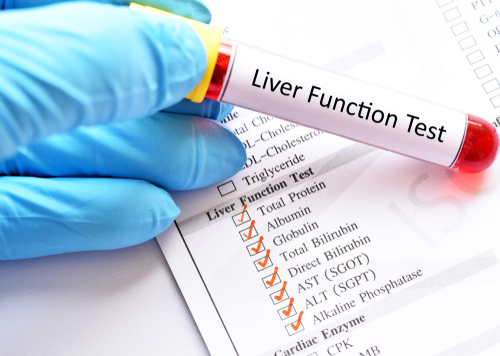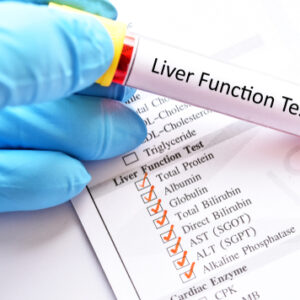What do I need to know about Glucose in my blood?
Glucose is carried by our blood to all of the cells of our body and it is one of the most important sources of energy for our cells. Blood sugar or glucose levels can change with passing time and lifestyle habits, and it is important to keep it in check and maintain a normal and healthy glucose level. Fasting blood sugar (FBS) measures blood glucose after you have not eaten for at least 8 hours. It is often the first test done to check for prediabetes and diabetes. Random blood sugar (RBS) measures blood glucose regardless of when you last ate. Several random measurements may be taken throughout the day. Random testing is useful because glucose levels in healthy people do not vary widely throughout the day. Blood glucose levels that vary widely may mean a problem. This test is also called a Casual blood glucose test.
What is a normal fasting and a random blood Glucose level?
If you had a fasting blood glucose test, a level between 70 and 100 mg/dL (3.9 and 5.6 mmol/L) is considered normal. A blood sample will be taken after an overnight fast. A fasting blood sugar level from 100 to 125 mg/dL (5.6 to 6.9 mmol/L) is considered prediabetes. If it’s 126 mg/dL (7 mmol/L) or higher on two separate tests, you have diabetes. If you had a random blood glucose test, a normal result depends on when you last ate. Most of the time, the blood glucose level will be 125 mg/dL (6.9 mmol/L) or lower. 11.1 millimoles per liter (mmol/L) — or higher suggests diabetes.
Causes of high or a low blood Glucose level
Hypoglycemia is when blood glucose is lower than normal levels. Not eating properly, i.e. eating less than normal, working out excessively, skipping meals, increased insulin can be some of the most common causes of Hypoglycemia. Increased insulin intake/production may also lead to hypoglycemia. Consumption of alcohol while you’re on medications for diabetes can also cause your blood sugar levels to drop.
High Blood Sugar, on the other hand, is termed as Hyperglycemia. People with severely high glucose levels are generally diagnosed with diabetes which is a common yet dangerous disease. Low insulin levels, increased intake of saturated fat, unhealthy carbs, and sugary foods, physical inactivity, certain infections, physical/emotional stress, intake of steroids, etc. are some of the main causes of hyperglycemia.
Risks to body in case of high or a low blood Glucose level
Both high and low glucose levels pose certain risks to a human body. Some complications of Hypoglycemia include chances of losing consciousness or possibilities of a seizure, feeling of anxiety, tiredness, irritation, faster heart rate, irregular hunger and often sweating. Over time, repeated episodes of hypoglycemia can lead to hypoglycemia unawareness. The body and brain no longer produce signs and symptoms that warn of a low blood sugar, such as shakiness or irregular heartbeats. When this happens, the risk of severe, life-threatening hypoglycemia increases.
Complications of Hyperglycemia are a bit severe though. People suffering with diabetes often face the risk of harm to the kidneys and heart. In some extreme cases, fatality or coma is also possible. High blood sugar or glucose levels, if left untreated can damage eyes, blood vessels and the immune system as well. If hyperglycemia is left untreated in people with type 1 diabetes, it can develop into ketoacidosis, where ketones, which are toxic acids, build up in the blood. This condition is an emergency situation that can lead to coma or death.
How do I prevent Hyperglycemia?
- Exercise to help lower blood sugar. Work with your healthcare provider to make a daily activity plan.
- Follow your meal plan if you have one. Learn how carbohydrates impact your blood sugar, and work with your diabetes care team to find the best meal plan for you.
- Maintain a healthy weight.
- Don’t smoke.
- Limit drinking alcohol. Alcohol can raise blood sugar levels, but can also cause dangerously low blood sugar levels. Work with your provider to determine how much is safe to drink.
How do I prevent Hypoglycemia?
For recurring episodes of hypoglycemia, eating frequent small meals throughout the day is a stopgap measure to help prevent your blood sugar levels from getting too low. However, consulting a doctor to treat the cause of hypoglycemia is important in the long run. Some insulin pumps integrated with Continuous Glucose Monitors (CGMs) can shut off insulin delivery when blood sugar levels are dropping too quickly to help prevent hypoglycemia in people with diabetes.






